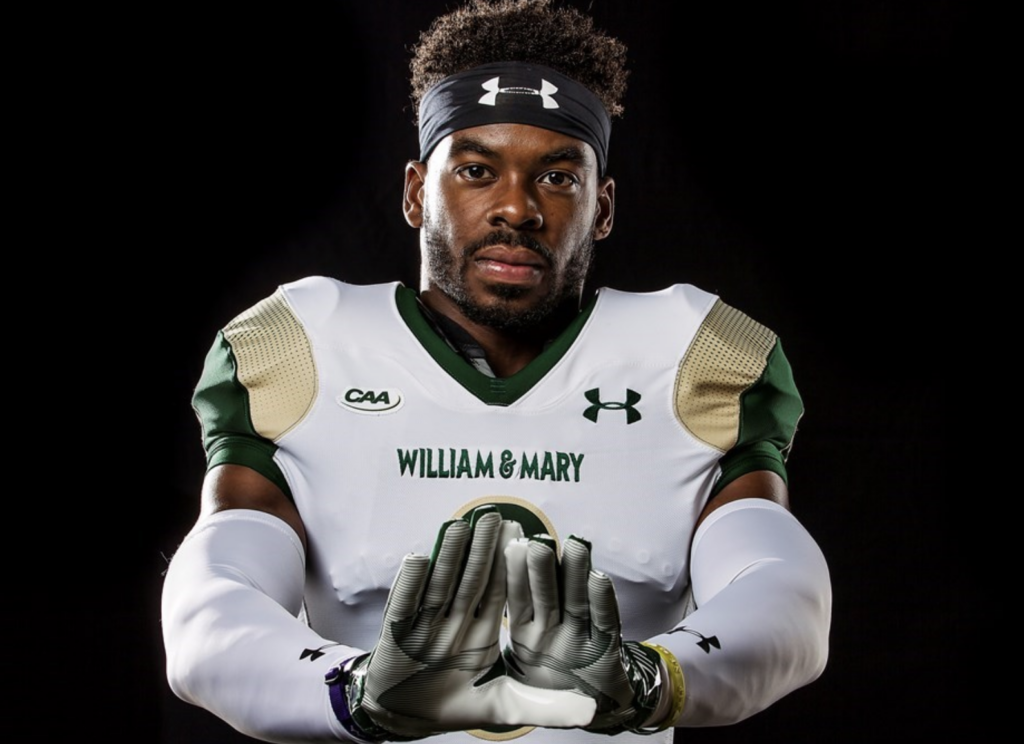Patricia N. Saffran
While university officials seem committed to social justice, they stop short when it strikes the prestige and identity of the school.
“Mary Berkeley Minor Blackford was an abolitionist in Fredericksburg VA, who owned five slaves. She opposed succession. Her son fought for the Confederacy. That shows the complexity of the issues surrounding slavery,” said Scott Walker, the tourmaster of Hallowed Ground Tours in Fredericksburg on the phone, March 23, 2023.
Fast forward to today and no one can begin to understand Biblical slavery or what went on between the murky 17th to 19th centuries so far as whites and blacks owning slaves and African kings selling their people to middlemen all the while coexisting at times with those who opposed the evil of slavery. Despite not promoting any clear understanding of their complicated past history involving slavery, institutions and municipalities have ramped up their efforts to remove statues, rename buildings and streets in an attempt to erase that history. Instead of cultural relativism these institutions have instead promoted cultural absolutism.
While it costs a certain amount to remove statues and change the names of buildings or sports teams, there seems to be a stumbling block in one area where the establishment has so far refused to obliterate its history. Universities and colleges are reluctant to change their names notwithstanding their namesakes’ ties to slavery. Have students and alumni realized that their sheepskins would become worthless without the prestige of their school’s famous name even if there’s a connection to slavery? Perhaps quaint campuses with elegant older buildings wouldn’t provide enough status without the historic school names as well.
When the George Washington University Colonials’ mascot and team were pegged to be changed not all were in favor of it, including the alumni. GW College Republicans released a statement on June 22, 2022 saying, “We are also deeply troubled with the possibility that this could snowball into the changing of the University’s name itself, which we remain in vehement opposition to.”
Sometimes name changes don’t confer any improvement. The NBA team, the Washington Bullets changed their name to the Washington Wizards due to the violence in DC from bullets . . . but wait, wizards are also titles given to leaders of the KKK.

The Princeton University Committee on Naming has been in the news for debating the removal of their statue of John Witherspoon who served as college president from 1768 to 1794 when the school was known as the College of New Jersey. The Witherspoon bronze statue in question from 2001 is by the gifted neoclassical Scottish sculptor Alexander Stoddart. Currently, the Committee is seeking feedback with a questionnaire online about the statue with questions such as – is “the namesake in question fundamentally at odds with the university itself?”
Witherspoon championed the cause of freedom when he signed the Declaration of Independence, but his legacy on human rights is mixed by today’s standards. He tutored three free black students but also bought two slaves to work his country farm and he voted against abolition in New Jersey. The picture of Witherspoon is suitably complex much like the Blackford family in Fredericksburg.
Unlike the sculpture of Witherspoon, the Princeton name itself doesn’t appear to be under investigation by the Naming Committee, even though the name may be “fundamentally at odds with the university itself.” Princeton refers to the Dutch Prince William of Orange who later became William III of England. He had ties to the slave trade when as William III he purchased all of Edward Colston’s shares in the Royal African Company.
Several Princeton representatives were reached on the phone and in writing and questioned about the university’s namesake. They declined to comment officially on whether or not some at Princeton expressed an interest in changing the university’s name, but they did say unofficially the answer is “no one has asked.”
The name of the College of William and Mary in Williamsburg VA involves the same William III as Princeton. The school was granted a charter by William III and Queen Mary II in 1693. When Suzanne Clavet, Director of News & Media, University Communications, was asked on March 29,2023 if the school had considered changing its name due to its ties to slavery through William of Orange, she answered, “We have not had the inquiry you reference [to rename the College of William and Mary] and there are no plans to consider the institution’s name. The university has established guidelines [and committees] for naming and renaming facilities associated with the university.”
According to William and Mary’s working group, they “took action in 2015 to remove the most visible manifestations and iconography of the Confederacy from campus, including a Confederate plaque that hung in the hallway of the Wren Building and two emblems on the College Mace carried at William & Mary’s signature events.” The working group has investigated evidence of Confederate iconography but seems to have ignored the school’s namesake’s ties to the slave trade.
The University of California at Berkeley is another school whose name has ties to the slave trade. The town and school are named for Bishop George Berkeley, the renown Anglo-Irish philosopher who created the theory of immaterialism. Between 1729 to 1731, Berkeley lived in America in Middletown RI, near Newport. There he had built a small manor house with a Palladian door case known as Whitehall. He bought three slaves to work in this house.
When asked about the possibility of Berkeley changing its name due to slave ties, Dan Mogulof, Assistant Vice Chancellor, Office of Communications and Public Affairs replied, “While questions have been raised about George Berkeley’s past, we’re not aware of any formal effort or request to change the university’s name.”
Apparently, the university does not advance George Berkeley’s important contributions to philosophy. Dan Mogulof continues, “We acknowledge that the university’s founders chose to name their new town and campus after an individual whose views warrant no honor or commemoration. At the same time, we are cognizant of the fact that over the course of the ensuing 155 years since the university’s founding, “Berkeley” has come to embody and represent very different values and perspectives — including our belief in, and actions to support the application of academic excellence for the greater good, equity, inclusion, diversity, and social mobility.”

Yale University is named for Elihu Yale, born in Boston but who spent his life abroad. He made a large donation for a new building at an existing small college in Connecticut. They in turn renamed the college after him 1718. Elihu Yale is thought to be involved in the slave trade in India when he made a fortune as president of the East India Company, and through his New Haven relatives in the slave trade. While in England Yale famously posed for a portrait with aristocrats and an enslaved child.
When Yale’s Karen Peart, Interim Vice President for Communications, was asked on the phone on March 27, 2023, if the school alumni or students ever thought of changing its name due to Yale’s ties to the slave trade, she replied, “no.” It seems that Yale students are more focused in other areas. In March 2022, Yale Law Dean Heather Gerken school rebuked the law students for attempting to shut down free speech on social issues for which they disagree. They protested a talk by constitutional attorney Kristen Waggoner promoting religious expression over sexual rights.
In conclusion, the college and university administrators who were kind enough to respond largely gave incomplete answers for not wanting to change the university’s name where the namesake had ties to slavery. Hypocritically, their attempts to erase visual signs of their schools’ history involving the slave trade deprive students of meaningful dialog about the past.
Of note, William III is in the news. King Charles issued a statement on March 6, 2023, for full cooperation of the Palace for an investigation into the royals’ historic ties to the slave trade. He made the announcement after a 1689 document surfaced of the already well known purchase by William III of Edward Colston’s shares in the Royal Africa Company.



